On 10 September 2020, ESRs Niccolò Galli, Maurizio Crupi, and Tamar Khuchua, respectively reached the first, second and third places of the EPIP 2020 Young Scholar Award – Law section. EPIP, which stands for European Policy for Intellectual Property, is an international, independent, interdisciplinary, non-profit association of researchers that grew out of a network financed by the European Commission from 2003 to 2005. Every year, the EPIP conference gathers from all over the world scholars and practitioners interested in the economic, legal, political and managerial aspects of intellectual property rights. During the gathering, the EPIP Association grants two Young Scholar Awards for the best papers submitted by PhD students in law and economics/management. The EPIP Board evaluates submissions by PhD students that have qualified in the general conference peer-review process.
Before Prof. Joost Poor announced the winner of the Young Scholar Award during the EPIP 2020 Online Conference, the three contending ESRs had all the chance to discuss their papers within a panel chaired by Prof. Irene Calboli.
Maurizio Crupi started with his work titled ‘Innovating within Tradition: Are PDOs and PGIs Loosening Their Link to Origin?’, which analyses culture and tradition as a rationale to ground the enhanced GI protection. His findings concerning amendments for a sample of EU GIs highlight both the evolution of the link to the origin and the difference in registration requirements for Protected Denominations of Origin (PDOs) and Protected Geographical Indications (PGIs).
Niccolò Galli followed, presenting on ‘Patent Aggregation in Europe: The Spotlight on Patent Licensing by Patent Aggregators’. The research piece investigates patent licensing as a prominent patent aggregation activity from both legal and empirical stances. At the core, Niccolò analyses the licensing business of patent aggregators using a multiple case study based on triangulated direct and secondary data sources. His findings provide transparency on the otherwise stealthy patent aggregators’ licensing activities and inform the academic and innovation policy debates over patent aggregation.
Last but not least, Tamar Khuchua illustrated her paper ‘Facing the ‘Bad Faith’ – The Challenges and Tools to Combat the Blocking Strategies of the Firms in EU Trade Mark Law’. Tamar’s paper addresses the issue of ‘bad faith’ applications in the EU trademark law. It suggests possible legislative amendments in order to enable determination of the intention of EU trad mark applicants already at the registration phase which is essential for combating dishonest practices of undertakings and therefore, safeguarding the principles of undistorted competition as well as legal certainty and sound administration.
After the presentations and Q&As with the audience, Prof. Joost Poort revealed that the EPIP Board selected Niccolò Galli’s submission as the recipient of the award, followed by Maurizio Crupi and then Tamar Khuchua. EIPIN-IS researchers’ success at EPIP is remarkable. Not only do they filled the podium for the 2020 EPIP Young Scholar Award in law, but it is the second year in a row that an EIPIN-IS ESR takes home the 500 € prize after Lucius Klobučník did so in 2019. Who knows which ESR will win next year…

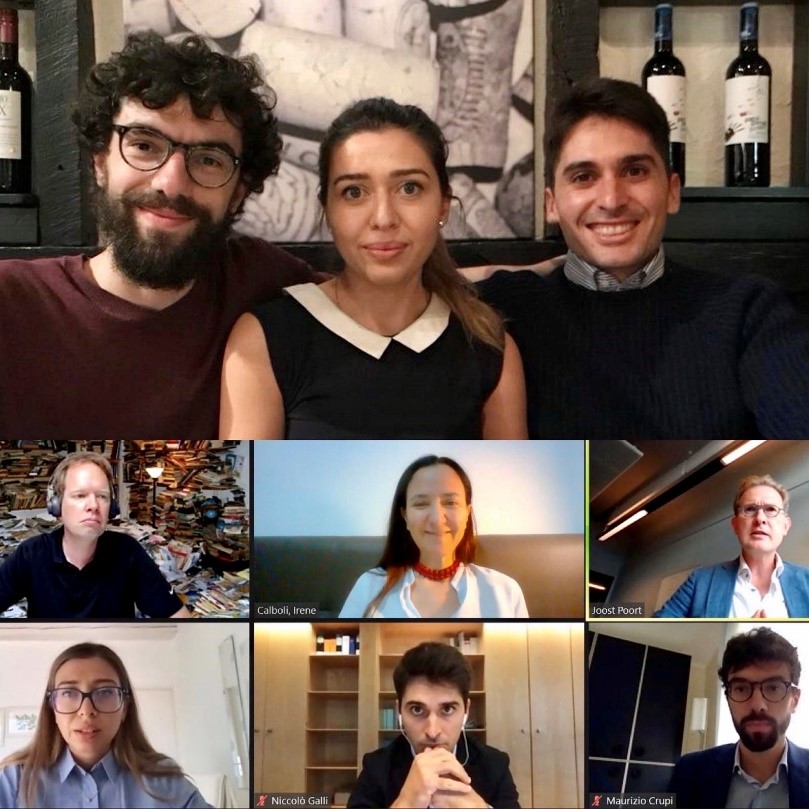
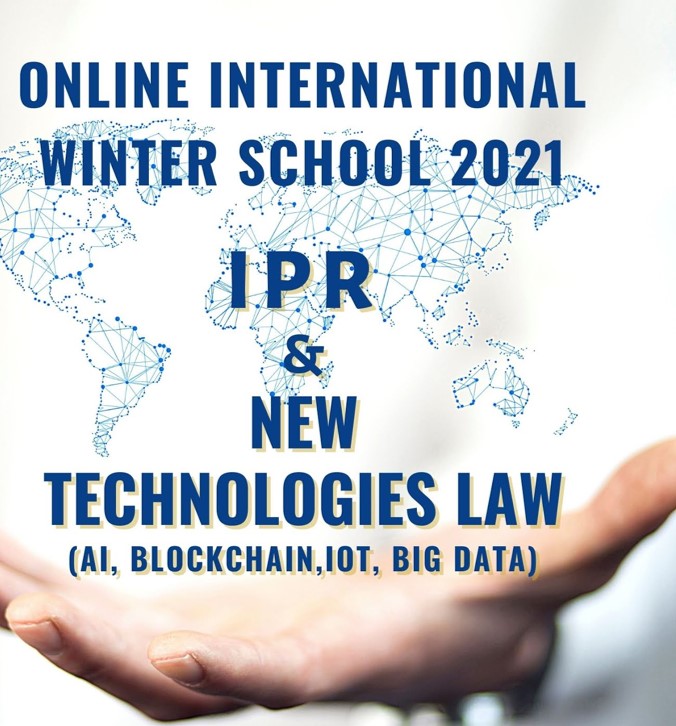
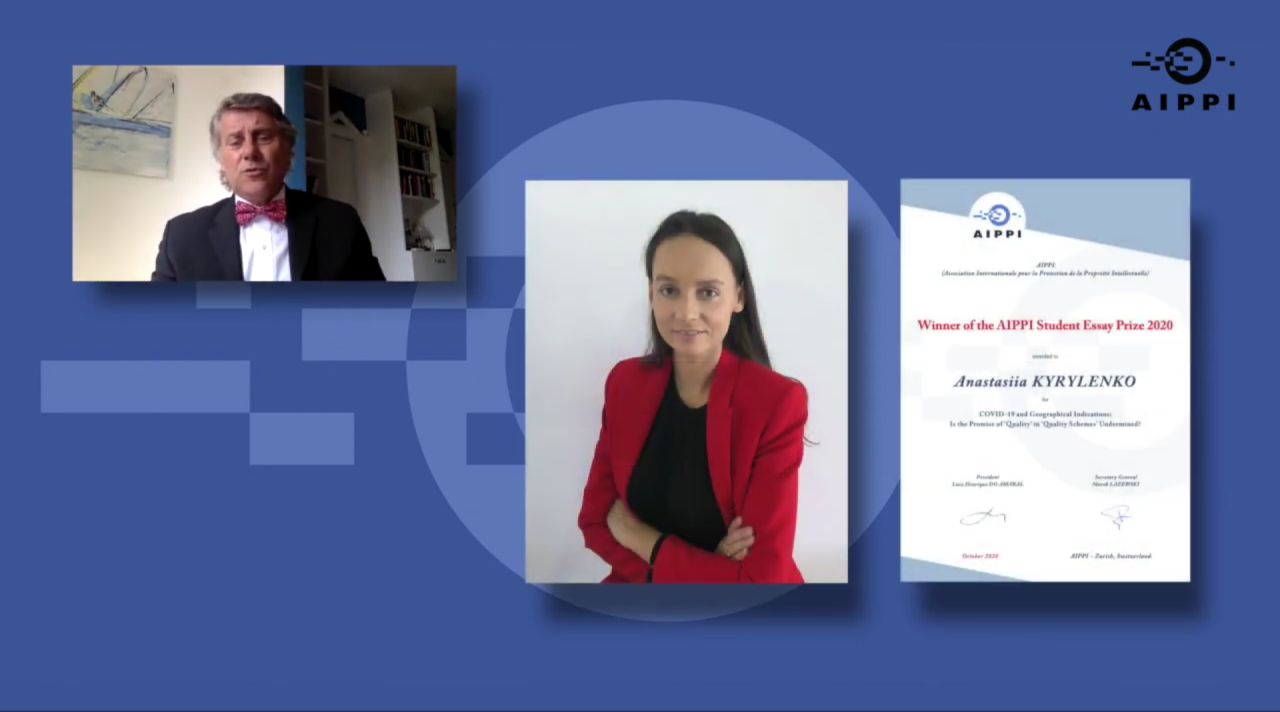


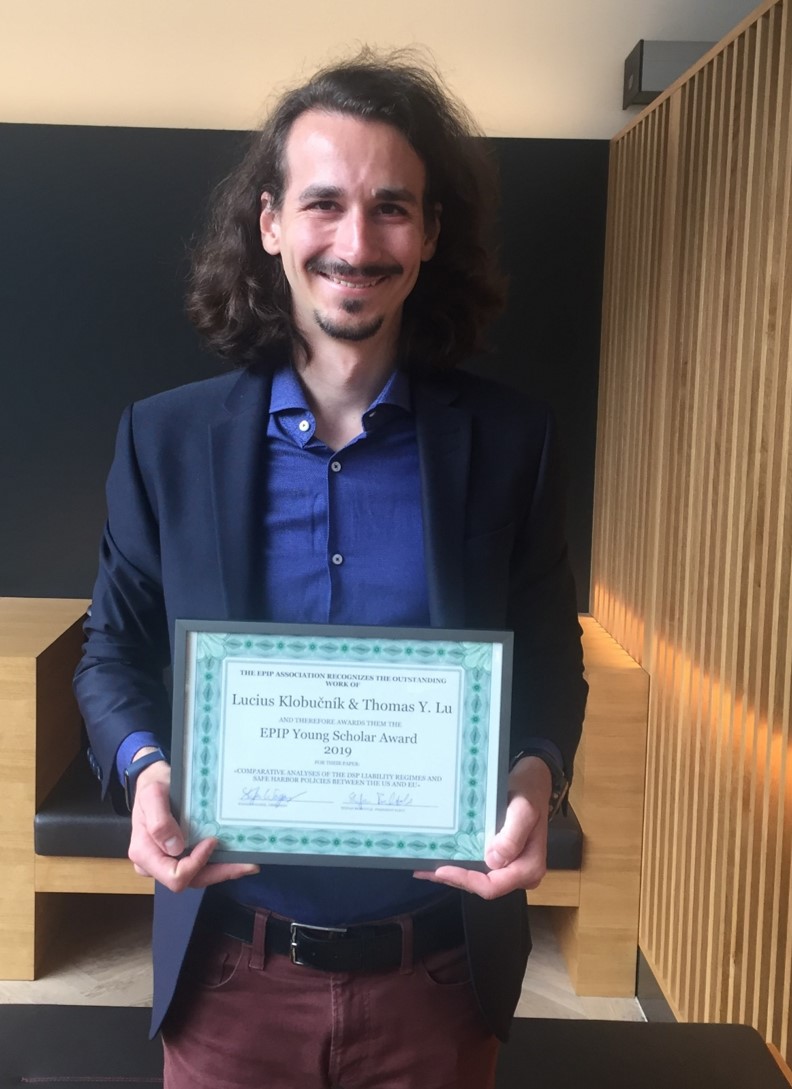
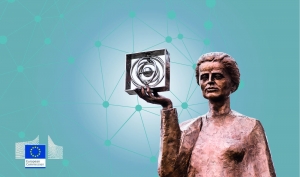
Leave A Comment